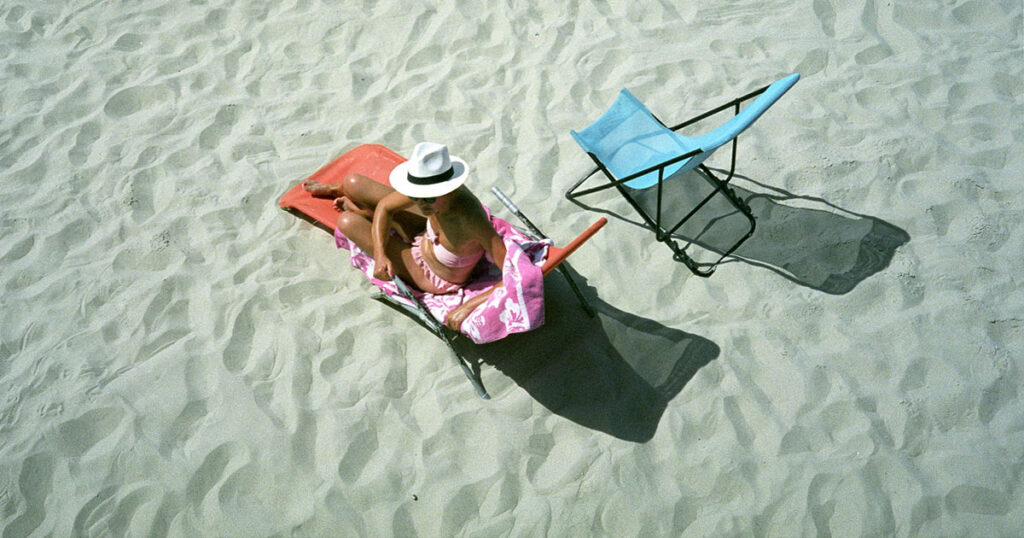
Soft, to your places, animals,
Your legendary duty calls.
—Thomas Kinsella, Another September, 1958
—Go—says he, one day at dinner, to an over-grown [fly] which had buzz’d about his nose, and tormented him cruelly all dinner-time,—and which, after infinite attempts, he had caught at last, as it flew by him;—I’ll not hurt thee, says my uncle Toby, rising from his chair, and going across the room, with the fly in his hand,—I’ll not hurt a hair of thy head:—Go, says he, lifting up the sash, and opening his hand as he spoke, to let it escape;—go poor Devil, get thee gone, why should I hurt thee?—This world surely is wide enough to hold both thee and me.
—Laurence Sterne, The Life and Opinions of Tristram Shandy, Gentleman, 1759–67
I learned to understand Cézanne much better and to see truly how he made landscapes when I was hungry. I used to wonder if he were hungry too when he painted; but I thought possibly it was only that he had forgotten to eat. It was one of those unsound but illuminating thoughts you have when you have been sleepless or hungry. Later I thought Cézanne was probably hungry in a different way.
—Ernest Hemingway, “Hunger Was Good Discipline,” Life, April 10, 1964
The seashore is a sort of neutral ground. … The waves forever rolling to the land are too far-traveled and untamable to be familiar. Creeping along the endless beach amid the sun-squall and the foam, it occurs to us that we, too, are the product of sea-slime.
It is a wild, rank place, and there is no flattery in it.
—Henry David Thoreau, Cape Cod, 1865
Therefore see to it that the variations
Keep faith with the plain statement of the oboe.
Entering quietly, let each chastened string
Repeat the lesson she must get by heart.
And without overmuch adornment.
Thus.
—Donald Justice, “Thus,” The Hudson Review, Spring 1957
It was the best place to be, thought Wilbur, this warm delicious cellar, with the garrulous geese, the changing seasons, the heat of the sun, the passage of swallows, the nearness of rats, the sameness of sheep, the love of spiders, the smell of manure, and the glory of everything.
—E. B. White, Charlotte’s Web, 1952
Although the foragers of one harvester ant species in the Southwest region of North America, Veromessor pergandei, are less than 8 mm long, they travel up to 40 meters each day to harvest seeds. At a modest egg-laying rate of 650 eggs per day, colonies of this species collect enough seeds to produce 3.4 kg of dry worker biomass per hectare of suitable Sonoran Desert habitat each year, equivalent to the biomass of a live human infant, or twenty-seven giant kangaroo rats.
—Bert Hölldobler and Christina L. Kwapich, The Guests of Ants: How Myrmecophiles Interact with Their Hosts, 2022
If it does not upset, it is not philosophy.
—Walter Kaufmann, The Faith of a Heretic, 1961
What was natural was hedgerows, hawthorn, skylarks, the chaffinch on the orchard bough. You had never seen these but believed in them with perfect faith. … Literature had not simply made these things true. It had placed Australia in perpetual, flagrant violation of reality.
—Shirley Hazzard, The Transit of Venus, 1980
Human beings have persistently searched for the ideal environment … seeking for a point of equilibrium that is not of this world.
—Yi-Fu Tuan, Topophilia, 1974
You’d be wrong to think that it’s just a slapdash quiz
taken in makeshift accommodations. Oh no.
I’m standing on the set and I see how strong it is.
The props are surprisingly precise.
The machine rotating the stage has been around even longer.
The farthest galaxies have been turned on.
Oh no, there’s no question, this must be the premiere.
And whatever I do
will become forever what I’ve done.
—Wisława Szymborska, “Life While-You-Wait,” Map: Collected and Last Poems, 2016
Things I like: fires, Venice, tequila, sunsets, babies, silent films, heights, coarse salt, top hats, large long-haired dogs, ship models, cinnamon, goose down quilts, pocket watches, the smell of newly mown grass, linen, Bach, Louis XIII furniture, sushi, microscopes, large rooms, ups, boots, drinking water, maple sugar candy.
—Susan Sontag, journal entry, February 21, 1977
Poetry is not a turning loose of emotion, but an escape from emotion; it is not the expression of personality, but an escape from personality. But, of course, only those who have personality and emotions know what it means to want to escape from these things.
—T. S. Eliot, “Tradition and the Individual Talent,” 1919
It was very tempting; all horsepower corrupts.
—Patrick Leigh Fermor, A Time of Gifts, 1977
One day, riding the subway, I saw this empty black panel where an advertisement was supposed to go. I immediately realized that this was the perfect place to draw. I went back above ground to a card shop and bought a box of white chalk, went back down and did a drawing on it. …
I kept seeing more and more of these black spaces, and I drew on them whenever I saw one. Because they were so fragile, people left them alone and respected them; they didn’t try to rub them out or try to mess them up. It gave them this other power. It was this chalk-white fragile thing in the middle of all this power and tension and violence that the subway was. …
I was arrested, but since it was chalk and could easily be erased, it was like a borderline case. The cops never knew how to deal with it.
—Keith Haring, Rolling Stone, August 1989
The greatest hazard of all, losing the self, can occur very quietly in the world, as if it were nothing at all. No other loss can occur so quietly; any other loss—an arm, a leg, five dollars, a wife, etc.—is sure to be noticed.
—Søren Kierkegaard, The Sickness Unto Death, 1849


